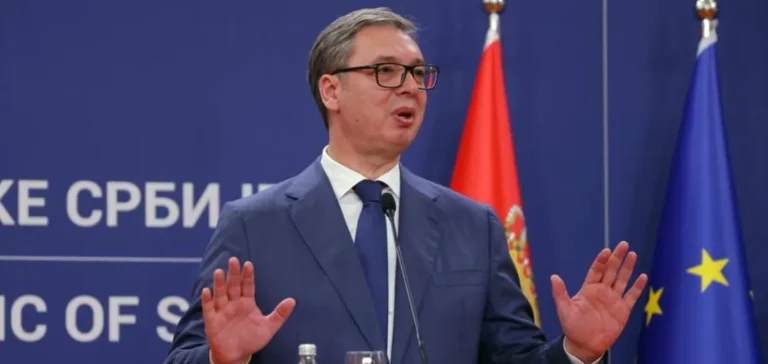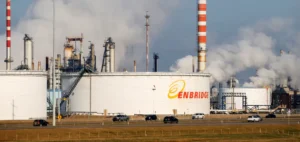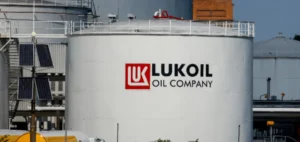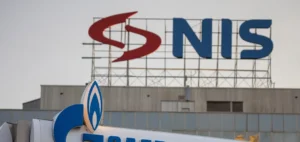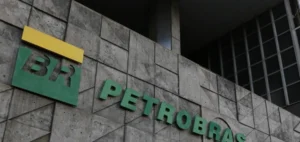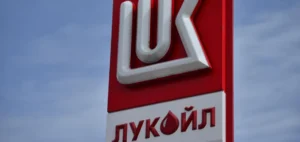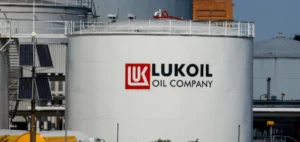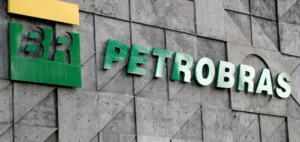Serbian President Aleksandar Vucic has stated his intention to avoid at all costs the seizure of Russian stakes in oil company Naftna Industrija Srbije (NIS), which is majority-owned by entities affiliated with Russian energy group Gazprom. The announcement follows the United States’ demand for a full withdrawal of Russian shareholders in exchange for lifting recently implemented sanctions against the company.
The US Department of the Treasury began enforcing sanctions on 9 October, jeopardising the operations of NIS, which manages Serbia’s only refinery located in Pancevo. The facility supplies approximately 80% of the domestic oil products market and is central to the national energy economy. US authorities informed Belgrade that no sanctions would be lifted without a complete Russian exit from NIS’s shareholder structure.
Accelerated talks with foreign partners
The current ownership structure of NIS shows that Gazprom Neft holds nearly 45% of shares, its subsidiary Intelligence owns 11.30%, while the Serbian state retains approximately 30%. The remaining shares are held by minority investors. Vucic revealed that discussions are underway between Russian stakeholders and potential partners in Asia and Europe, though no company names were disclosed.
In parallel, the Serbian government is considering offering a direct buyout proposal to the Russian shareholders. “No matter the cost, we will find the money,” the head of state declared. A state-led takeover has not been ruled out, although Vucic insists on exhausting all alternative avenues before considering such a move.
Mounting pressure on oil reserves
Since the sanctions took effect, NIS has struggled to secure crude oil supplies. According to the company’s management, current stockpiles are only sufficient to sustain operations until 25 November. This looming deadline increases pressure on the government, as the Pancevo refinery plays a critical role in supporting key sectors such as healthcare, security, and education.
With an estimated revenue of €3.3bn ($3.53bn) for 2024 and around 13,500 employees, NIS also operates in Bosnia, Bulgaria, and Romania, managing over 400 petrol stations, including approximately 80 abroad. Some government ministers have criticised the conduct of the Russian side, accusing them of engaging in third-party negotiations without prior consultation with Belgrade.
Energy Minister Dubravka Djedovic Handanovic stated that Serbia’s patience had run out. “We have been very loyal, but there is no more time,” she said, stressing the refinery’s strategic importance for the functioning of the country.


